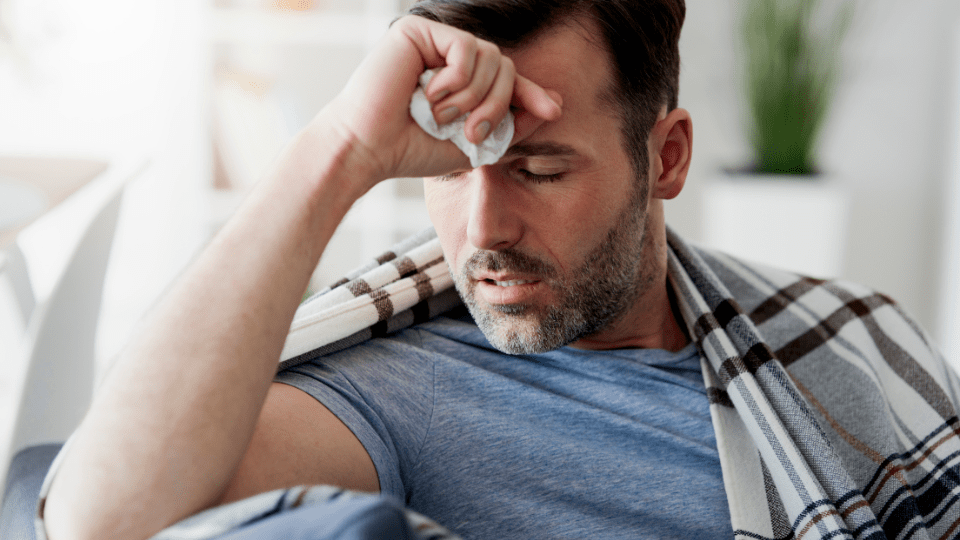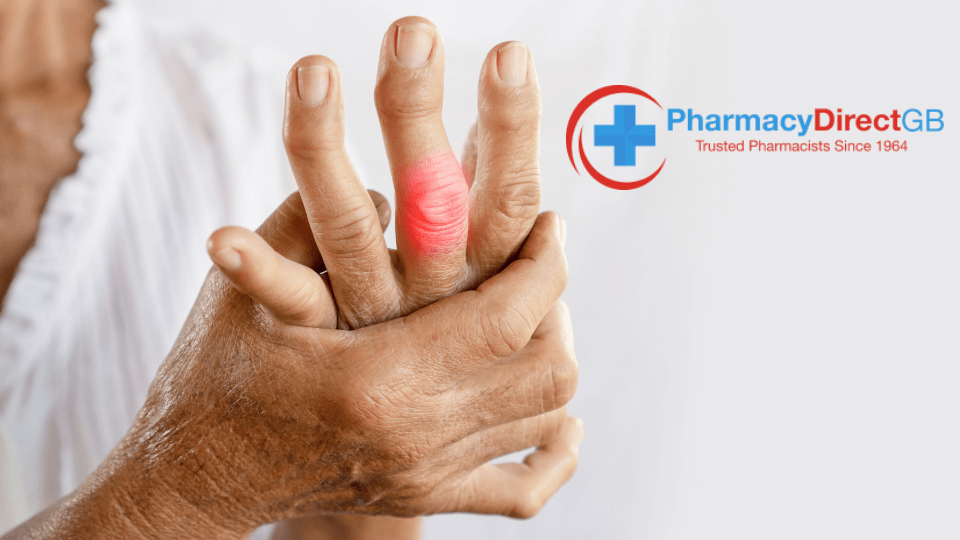“The Winter Blues” is a widely used term which crops up every year starting as early as September and persisting into the winter months. Nevertheless, there is real substance behind this universal phenomenon for some and it comes in the form of a strangely appropriate abbreviation, SAD; this, of course, stands for Seasonal Affective Disorder. SAD is a type of depression that manifests at a particular season/time of year. In most cases, the season in question tends to be winter, but it can often present in the summer time and other times of the year as well. It is important to highlight that there is a stark contrast between SAD and a regular dislike for the winter months. It is normal to feel affected by a change in the seasons but SAD sufferers will experience a much greater effect on their mood and energy levels which leads to depressive symptoms.
So why exactly is SAD more common in winter?
While there is still a lack of clarity somewhat on the cause of SAD in winter, scientists believe that it is all a question of light. One of the defining qualities of winter is the lack of daylight hours and it is this which is believed to trigger Winter Depression. The presence of light causes a change in hormone levels in the body; the sleep hormone melatonin stops being produced and hence we feel more awake. This handy function helps our body maintain its internal clock but it may also be the cause of winter depression as the increase in levels of melatonin may cause lethargy and symptoms of depression. Researchers have found a common denominator in SAD sufferers in that they are perhaps all particularly sensitive to the presence of light and lack thereof so the lack of light is decidedly more influential on them. SAD may also partly be down to genetic factors as it has been known to run in families.
How would you know you have SAD and what treatments are available?
It can sometimes be difficult to differentiate between SAD and regular depression however with SAD, look out for recurring periods of depressive symptoms at a certain time of year. If you believe that you are suffering from SAD, the first call of action is to book an appointment with your GP. There are several different treatments that your GP may suggest to you. The most obvious is altering your lifestyle to combat the condition such as getting as much sunlight as possible and regular exercise. Similar to regular depression, medical treatments such as counselling, cognitive behavioural therapy and oral medication may be available to you. The most effective treatment for winter depression, however, is seen as light therapy. This entails exposure for a long period of time to specialised lamps called light boxes which simulate sunlight. Many find light therapy highly effective as it directly targets the cause of SAD. Nevertheless, like any other treatment, light therapy comes with its side effects which include headaches and difficulty in sleeping (although the latter can be avoided by only carrying out the treatment in the morning and afternoon). Whatever the treatment, it is vital that SAD sufferers do not trivialise their condition and seek out help if needed as it is a mental health condition like any other. You can
contact our
UK Online Pharmacy for more advice or if you are looking for help regarding medical treatment.







